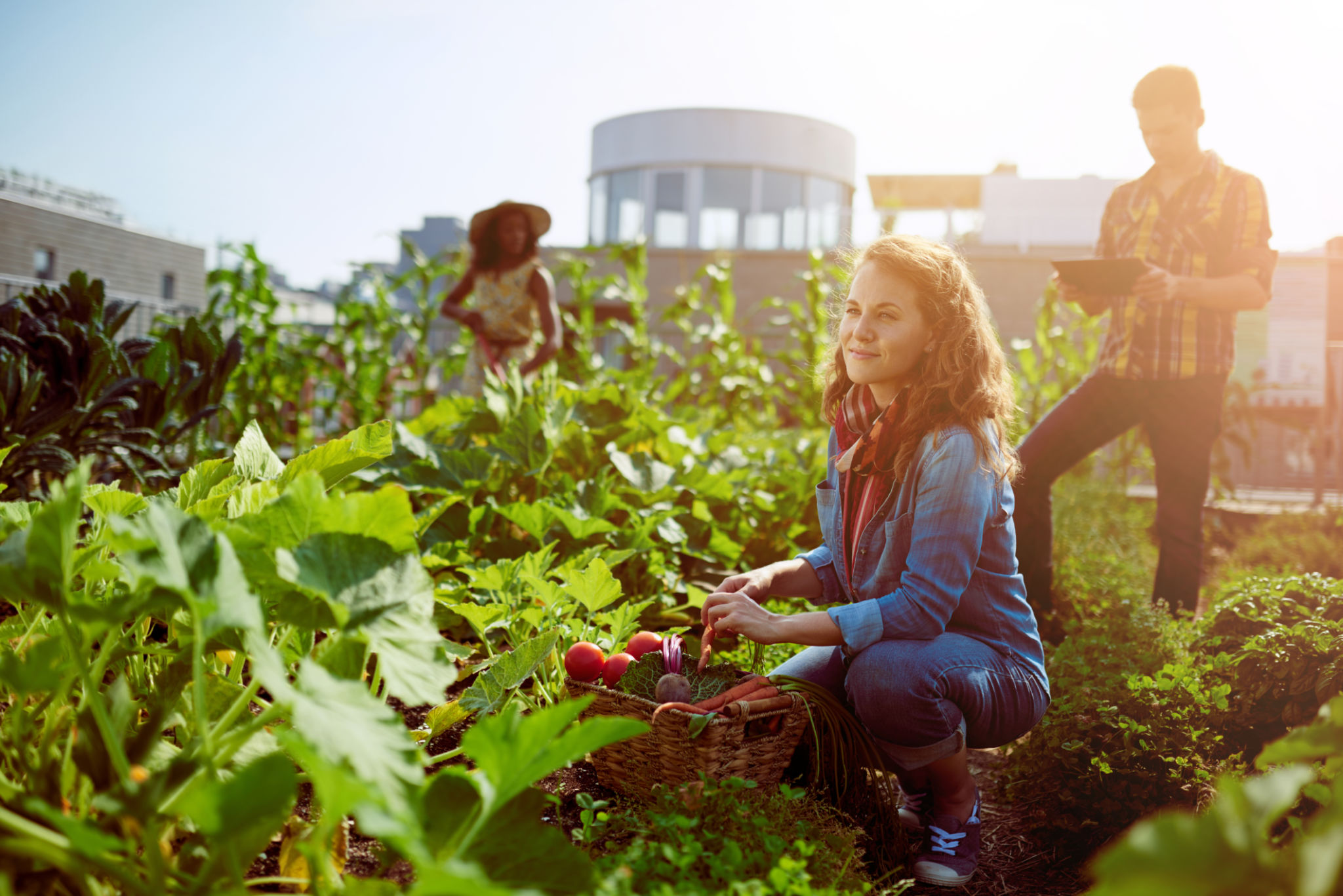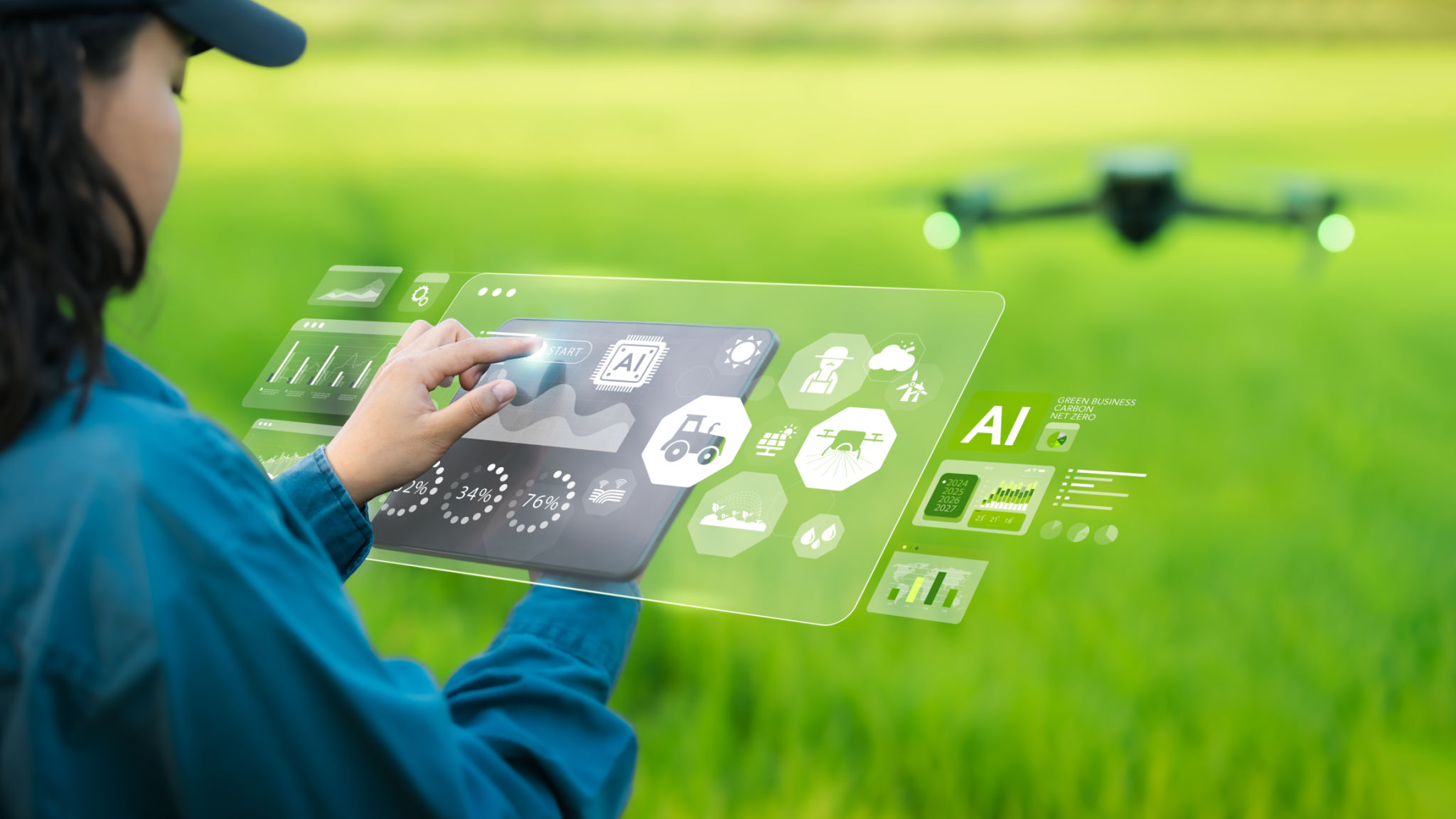The Future of Urban Agriculture: How Technology is Transforming Farming
Urban Agriculture: A Growing Trend
Urban agriculture is rapidly gaining popularity as cities around the world look for innovative ways to meet the increasing demand for food. With urban populations on the rise, there is a pressing need to find sustainable solutions that can provide fresh produce while minimizing environmental impact. Urban agriculture is emerging as a viable solution, offering numerous benefits such as reduced transportation costs, improved food security, and enhanced community engagement.

Technological Innovations in Urban Farming
Technology plays a pivotal role in transforming urban agriculture, making it more efficient and productive. Advances in hydroponics, aquaponics, and vertical farming are enabling city dwellers to grow food in limited spaces. These cutting-edge techniques allow for year-round cultivation, regardless of weather conditions, and require significantly less water compared to traditional farming methods.
Moreover, the integration of IoT (Internet of Things) devices and smart sensors is revolutionizing the way urban farms operate. These technologies provide real-time data on soil moisture, temperature, and nutrient levels, allowing farmers to optimize growing conditions and maximize yields. Such precision agriculture techniques contribute to reduced waste and increased sustainability.

The Role of Artificial Intelligence
Artificial Intelligence (AI) is reshaping the landscape of urban agriculture by offering predictive analytics and automation solutions. AI-powered systems can analyze vast amounts of data to predict optimal planting and harvesting times, identify potential pest infestations, and recommend personalized crop management strategies. This level of precision helps farmers make informed decisions, ultimately boosting productivity and reducing resource consumption.
Automation, driven by AI, also plays a critical role in enhancing efficiency. Automated systems can handle tasks such as planting, watering, and harvesting with minimal human intervention, freeing up valuable time for farmers to focus on other essential activities. This not only streamlines operations but also reduces labor costs significantly.

Community Engagement and Education
Urban agriculture is not just about technology; it's also about fostering community engagement and education. Many urban farms serve as educational hubs where residents can learn about sustainable farming practices and the importance of local food production. Community gardens and rooftop farms offer opportunities for people to connect with nature, build social ties, and gain hands-on experience in growing their own food.
Educational programs and workshops often accompany these urban farming initiatives, helping to raise awareness about environmental issues and encouraging sustainable living. By involving local communities in agriculture, cities can cultivate a culture of sustainability and resilience.
Challenges and Opportunities
Despite its many advantages, urban agriculture faces several challenges that must be addressed to ensure its success. Limited space, regulatory hurdles, and initial setup costs are common obstacles that urban farmers encounter. However, these challenges also present opportunities for innovation and collaboration among stakeholders.
- Limited Space: Vertical farming and rooftop gardens are effective solutions to maximize space usage.
- Regulatory Hurdles: Policymakers need to create supportive frameworks that promote urban agriculture.
- Initial Costs: Public-private partnerships can help alleviate financial burdens by providing funding and resources.

The Path Forward
The future of urban agriculture looks promising as technology continues to advance and more cities recognize the benefits of local food production. By investing in innovative farming techniques and fostering community involvement, cities can create resilient food systems that contribute to a healthier planet.
As urban agriculture evolves, it will undoubtedly play a crucial role in shaping sustainable cities of the future. Continued research and collaboration among scientists, policymakers, and communities will be essential in overcoming challenges and unlocking the full potential of urban farming.